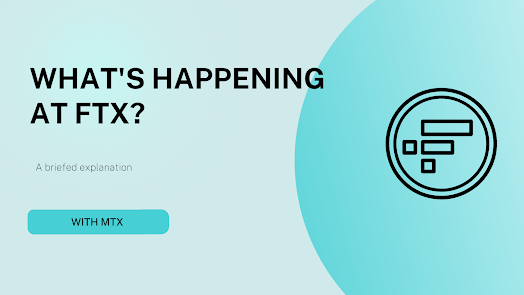"Decentralised finance" (abbreviated as "DeFi") refers to the use of public blockchains
for financial transactions. DeFi allows you to perform many of the same things as banks,
such as earning interest, borrowing, lending, purchasing insurance, trading derivatives,
and trading assets, but it does so more quickly and without the need for a third party or
paper-based documentation. DeFi is worldwide, peer-to-peer (i.e., not routed through a
centralised system), pseudonymous, and open to everyone, just like crypto in general.
Benefits:
Open:It's completely free and you don't have to do anything to get started.
A wallet is all you need to get started.
Pseudonymous: Your name, email address, or any other personal information
is not required.
Flexible: It's easy to shift your money around, and you don't have to wait for a long
period for the transfer to complete or pay hefty fees.
Fast: As fast as every 15 seconds, interest rates and rewards can change
substantially more frequently than on traditional Wall Street.
Transparent: Everyone involved in the transaction can access the whole transaction
history (private corporations rarely grant that kind of transparency)
How does DeFi work?
Here are some of the ways people are engaging with DeFi today:
Lending:
Earn interest and prizes every minute, not once a month, by
lending your crypto out.
Getting a loan:
It is possible to obtain a short-term "flash loan" that is not offered by
regular financial institutions, without the need to fill out any documentation.
Trading:
You can purchase and sell specific crypto assets on a peer-to-peer basis,
just like stocks, without having to go through a middleman.
Saving for the future:
Put part of your bitcoin into savings account alternatives and you'll obtain
better interest rates than you would from a bank.
Buying derivatives:
Place long or short bets on certain assets. For those unfamiliar with stock
options or futures contracts, think of these as the crypto equivalent.



.jpg)

No comments:
Post a Comment